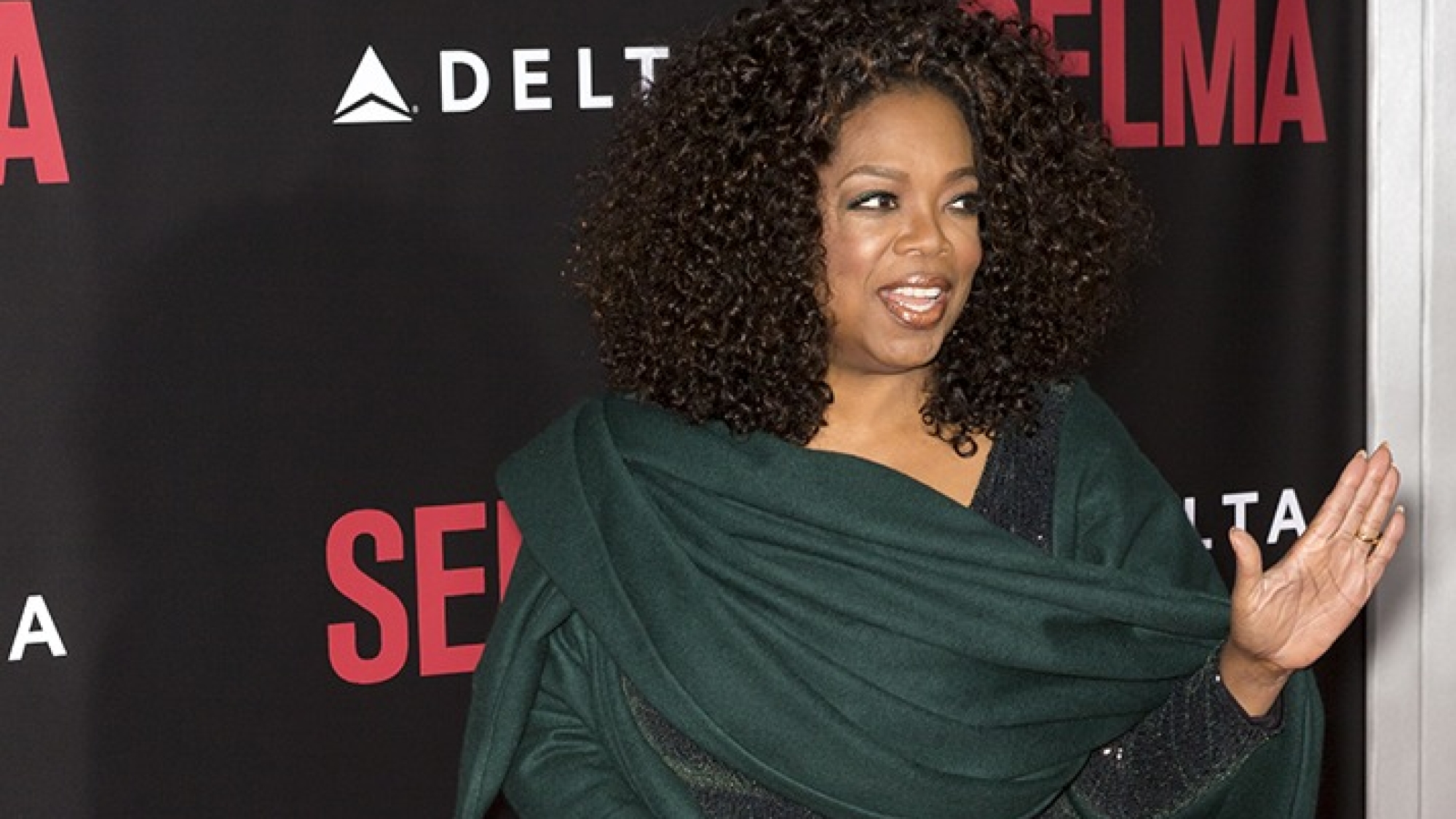Marching to Selma
I saw “Selma” this weekend. This movie tells the story of Martin Luther King, Jr. and the historic march from Selma to Montgomery, Alabama, that led to the passage of the 1965 Voting Rights Act. It does much more than give us a picture of what happened fifty years ago in the fight for civil rights. It ties in to what is happening in the US right now—to young African-Americans being killed by police, to protests that still use nonviolence as a means of being heard, and the grace and extraordinary courage of ordinary citizens who are determined to bring about justice for all.
It’s a powerful film that gives a new look at an American icon. Most people today know little about Martin Luther King Jr. other than his “I have a dream” speech and a national holiday that means a day off. In the film, we see him as the father of four children, a husband trying to make his marriage work, a gifted preacher who was an ordinary man that got caught up in a particular moment of history and did great things. But it also shows us that King did not do this alone. It gives insight into the leadership of others fighting the good fight for equal voting rights like John Lewis, a Congressional representative since 1987, who was a young leader of the civil rights movement at King’s side.
I am not troubled by the claimed factual inaccuracies (that happens with every historical film), especially in regard to the role of LBJ; it’s impossible to tell the full story of the three years covered in the film. And since it was directed by Ava DiVernay, an African-American woman, it comes from a black perspective—in itself a refreshing difference from history textbooks. Bill Moyers was recently interviewed about “Selma” and he said, “…it’s good to be reminded of a time when courage on the street is met by a moral response from power.”
It’s such an important film to see that a “Selma for Students” movement arose to offer thousands of free tickets to middle-school children across the country this past weekend as Martin Luther King Jr. Day is being celebrated.

On Sunday, Oprah Winfrey (one of the film’s producers and an actor in the film) and others from the cast along with a thousand ordinary people walked across the bridge in Selma to remind everyone that the civil rights struggles from the 1960s are not over; we are still living in a land that fails to provide equal justice for all. But the march yesterday was a far cry from the scene on March 7, 1965 when billy clubs and tear gas stopped the marchers from walking 50 miles to the capital of Alabama in Montgomery in order to get the right to register to vote. “Bloody Sunday” reminds us, yet again, that when we don’t see everybody as one, when we discriminate against others based on their race or religion or sexual orientation, blood is shed, innocents die, and hatred in the heart is reflected in leering faces like that of then Alabama governor George Wallace.
Hollywood somehow missed the boat on “Selma” by not nominating either its star, David Oyelowo, or its director. In fact, this year there was not a solitary person of color nominated for an Oscar in any acting category, the first time since 1998 that has happened—a snub that went deep since it came just before the MLK holiday. And a reminder that the Academy is 93 percent white and 76 percent male, with an average age of 63—much like the old white men in the South who tried to silence the voices of those not like themselves.
This movie is a “must see.” Do not miss the chance to understand the true nature of courage, to remember why we have to do whatever it takes to root out the seeds of prejudice from our own hearts, and to stand up fearlessly for justice and equality for all.

